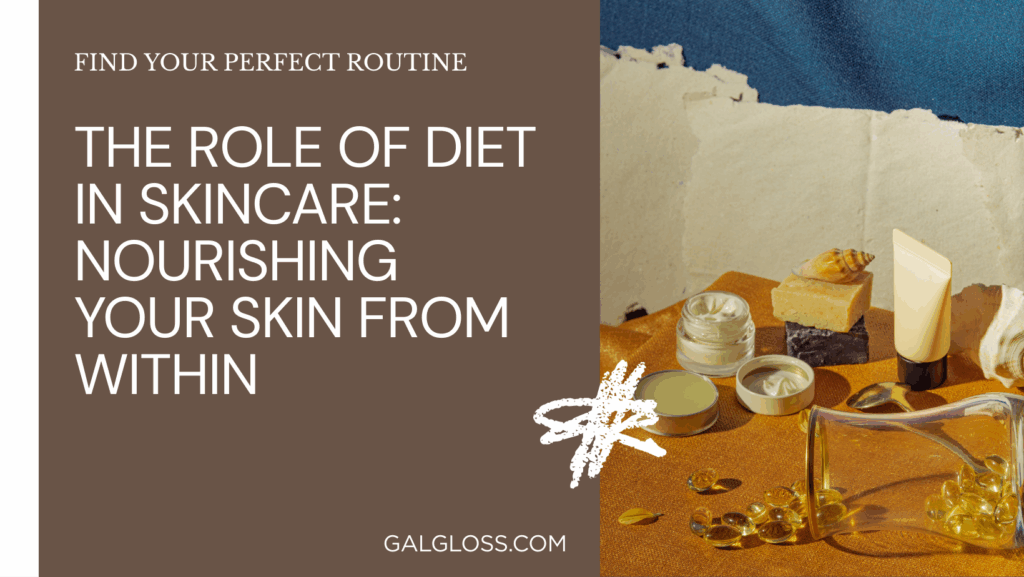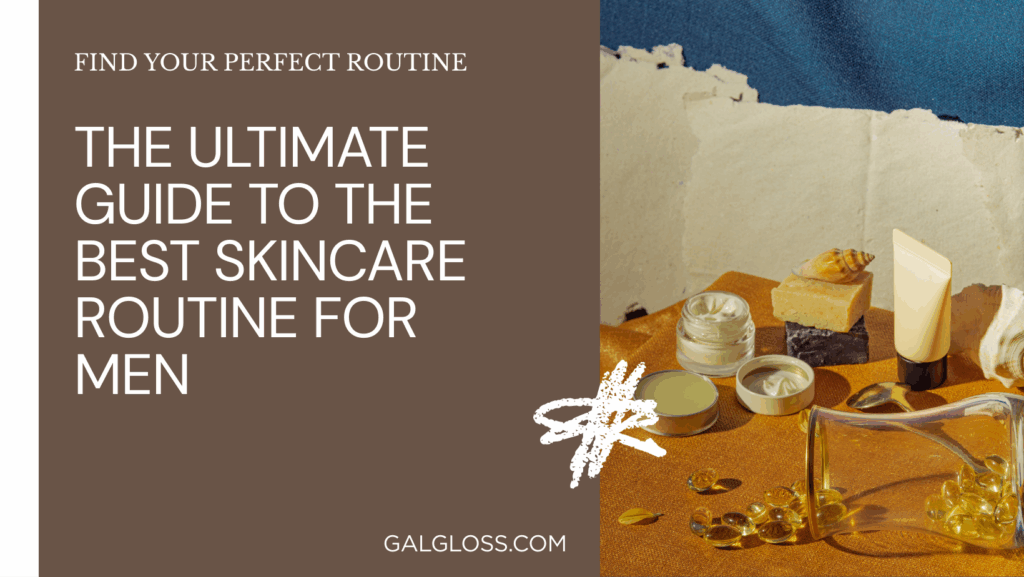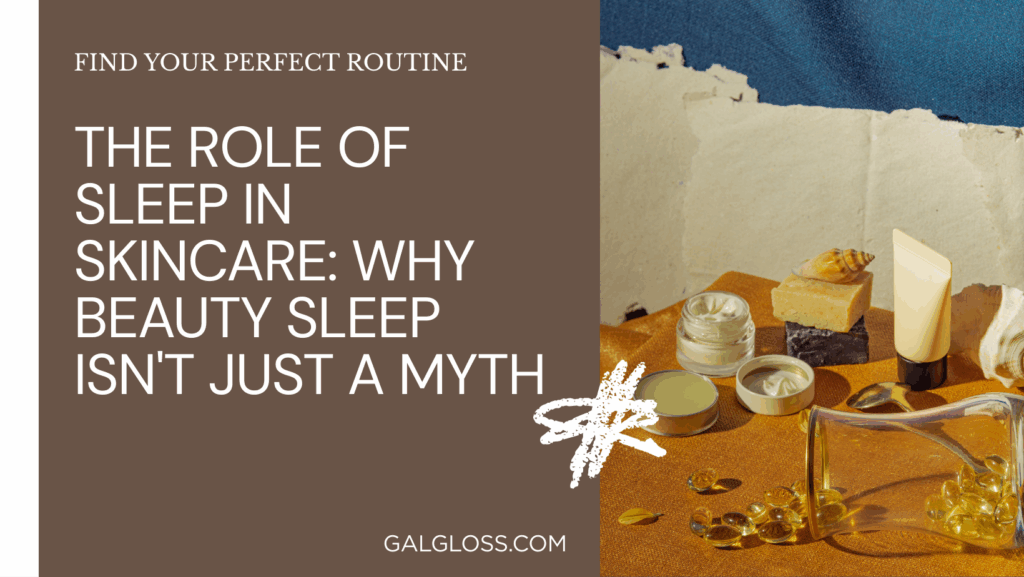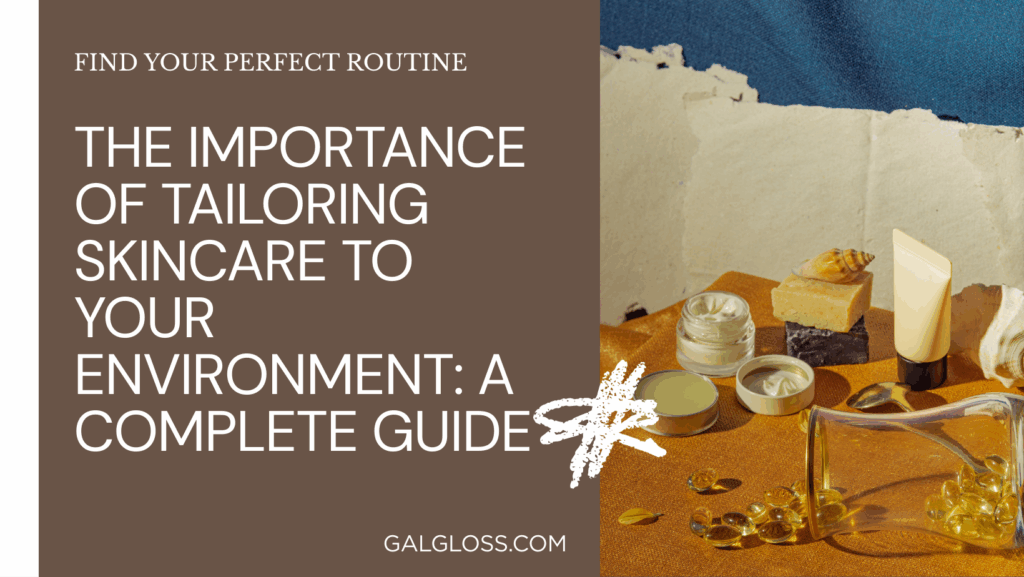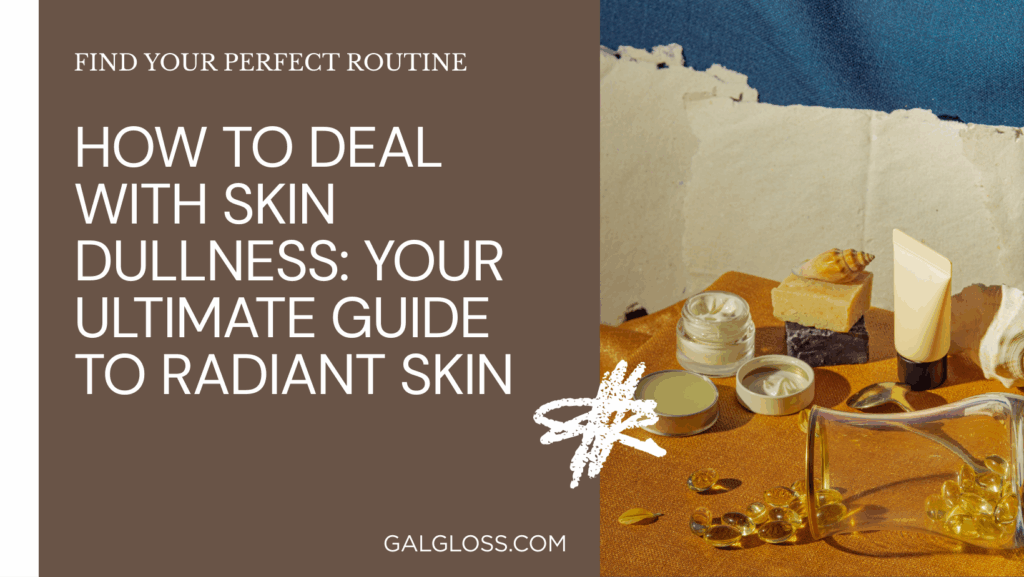Ever looked in the mirror and thought, “Wow, my skin looks thirsty”? You’re not alone! Hydration is the unsung hero of skin health, and it’s time we gave it the spotlight it deserves.
Think of your skin as a juicy grape. When it’s properly hydrated, it’s plump, smooth, and radiant. But let that grape dry out, and you’ve got a sad, wrinkly raisin on your hands. Not exactly the look we’re going for, right?
In this deep dive into skin hydration, we’ll explore:
- What skin hydration really means (spoiler: it’s not just about splashing water on your face)
- The telltale signs your skin is crying out for moisture
- How proper hydration can be your secret weapon against aging
- Simple tricks to keep your skin quenched and happy
So grab a glass of water (your skin will thank you!), and let’s uncover the juicy details of why hydration is the key to unlocking your skin’s true potential.
What is Skin Hydration?
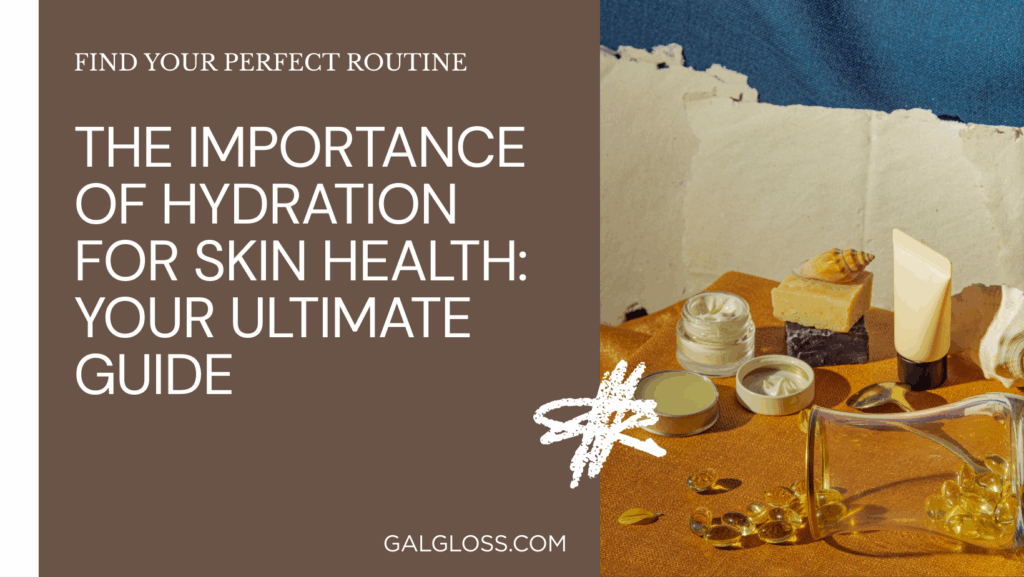
Let’s get down to basics. Skin hydration isn’t just about drinking eight glasses of water a day (though that certainly helps!). It’s about maintaining the right balance of moisture in your skin cells and the protective barrier that keeps that moisture locked in.
Your skin is like a sponge. When it’s well-hydrated, it’s soft, supple, and bouncy. But when it lacks water, it becomes dry, tight, and prone to irritation. Proper hydration is crucial for:
- Maintaining skin elasticity
- Supporting healthy skin cell function
- Protecting against environmental stressors
- Promoting a smooth, radiant complexion
Signs of Dehydrated Skin
How do you know if your skin is thirsty? Look out for these telltale signs:
- Tightness or discomfort
- Flakiness or scaling
- Fine lines appearing more pronounced
- Dull, lackluster appearance
- Increased sensitivity or irritation
- Itchiness
- Rough texture
If you’re nodding along to any of these, your skin might be sending out an SOS for hydration!
Benefits of Proper Skin Hydration
Keeping your skin well-hydrated isn’t just about avoiding dryness. It’s like giving your skin a superpower. Here’s what proper hydration can do for you:
- Improved skin texture and appearance: Hydrated skin looks plumper and smoother, reducing the appearance of fine lines and wrinkles.
- Enhanced skin barrier function: A well-hydrated skin barrier is better equipped to keep the good stuff in (moisture) and the bad stuff out (pollutants and irritants).
- Reduced signs of aging: Proper hydration helps maintain skin elasticity, keeping you looking youthful and fresh-faced.
- Better product absorption: Hydrated skin is more receptive to skincare products, helping you get the most out of your routine.
- Balanced oil production: Surprisingly, dehydrated skin can lead to increased oil production as your skin tries to compensate. Proper hydration can help regulate this.
How Dehydration Impacts Skin Health
Let’s flip the coin and look at what happens when your skin doesn’t get enough hydration:
Short-term effects:
- Dry, tight feeling
- Increased sensitivity
- Dull, lackluster appearance
- Makeup doesn’t apply smoothly
Long-term consequences:
- Premature aging
- Increased risk of skin irritations and infections
- Chronic dry skin conditions
- Impaired skin barrier function
It’s clear that keeping your skin hydrated isn’t just about looking good – it’s about maintaining healthy, resilient skin for the long haul.
Factors That Affect Skin Hydration
Hydration isn’t just about what you put on your skin. Various factors can impact your skin’s moisture levels:
- Environmental influences:
- Climate (dry vs. humid)
- Indoor heating and air conditioning
- Sun exposure
- Wind
- Lifestyle choices:
- Diet and water intake
- Sleep quality
- Stress levels
- Alcohol and caffeine consumption
- Skincare habits:
- Over-cleansing or using harsh products
- Hot showers or baths
- Not moisturizing properly
- Skipping sunscreen
Understanding these factors can help you make smart choices to keep your skin hydrated and healthy.
How to Hydrate Your Skin: Inside and Out
Now for the good stuff – how to give your skin the hydration it craves!
Hydration from the Inside
- Drink up: Aim for at least 8 glasses of water a day. Your skin will thank you!
- Eat hydrating foods: Load up on water-rich fruits and veggies like:
- Cucumber
- Watermelon
- Strawberries
- Celery
- Tomatoes
- Omega-3 fatty acids: These help maintain your skin’s moisture barrier. Find them in:
- Fatty fish (salmon, mackerel)
- Chia seeds
- Walnuts
Hydration from the Outside
- Look for hydrating ingredients: When shopping for skincare, keep an eye out for:
- Hyaluronic acid
- Glycerin
- Ceramides
- Aloe vera
- Squalane
- Layer your hydration: Use a hydrating toner or essence before your moisturizer to boost hydration.
- Don’t forget your lips and eyes: These areas need extra TLC. Use a hydrating lip balm and eye cream.
- Consider a humidifier: This can add moisture to the air, especially helpful in dry climates or during winter.
Best Practices for Maintaining Hydrated Skin
Want to level up your hydration game? Here are some pro tips:
- Gentle cleansing: Use a mild, non-foaming cleanser to avoid stripping your skin’s natural oils.
- Lukewarm water: Hot water can dehydrate your skin. Stick to lukewarm temperatures when washing your face or showering.
- Pat, don’t rub: When drying off, gently pat your skin instead of rubbing to avoid irritation.
- Apply moisturizer to damp skin: This helps lock in hydration.
- Use an overnight mask: For an extra hydration boost, try a sleeping mask once or twice a week.
- Don’t skip sunscreen: Sun damage can lead to dehydration. Always protect your skin with SPF.
- Stay consistent: Hydration isn’t a one-and-done deal. Make it a daily habit for best results.
Common Myths About Skin Hydration
Let’s bust some hydration myths:
- Myth: Oily skin doesn’t need hydration. Truth: All skin types need hydration. Oily skin can actually benefit from proper hydration to balance oil production.
- Myth: Drinking water is enough to hydrate your skin. Truth: While important, topical hydration is also crucial for skin health.
- Myth: You only need to moisturize if your skin feels dry. Truth: Regular moisturizing helps maintain your skin’s hydration levels and prevents dryness.
- Myth: All moisturizers are created equal. Truth: Different skin types need different formulations. Find what works for you.
When to See a Dermatologist
While proper hydration can solve many skin woes, sometimes you need professional help. Consider seeing a dermatologist if:
- Your skin remains persistently dry despite your best efforts
- You experience severe itching or irritation
- You notice sudden changes in your skin’s appearance or texture
- You have a skin condition that’s not improving with over-the-counter treatments
A dermatologist can provide personalized advice and treatments to address your specific skin hydration needs.
Conclusion
There you have it – the lowdown on why hydration is your skin’s best friend. From plumping up fine lines to protecting against environmental damage, proper hydration is the foundation of healthy, glowing skin.
Remember, hydrating your skin isn’t a one-size-fits-all approach. It’s about finding what works for you and making it a consistent part of your routine. Whether it’s upping your water intake, investing in a good hyaluronic acid serum, or just remembering to slather on that moisturizer, every little step counts.
So next time you look in the mirror, ask yourself: “Is my skin getting enough to drink?” Your future self (with that plump, dewy complexion) will thank you for prioritizing hydration today.
Now, go forth and hydrate! Your skin’s glow-up journey starts now. Cheers to happy, hydrated skin!
